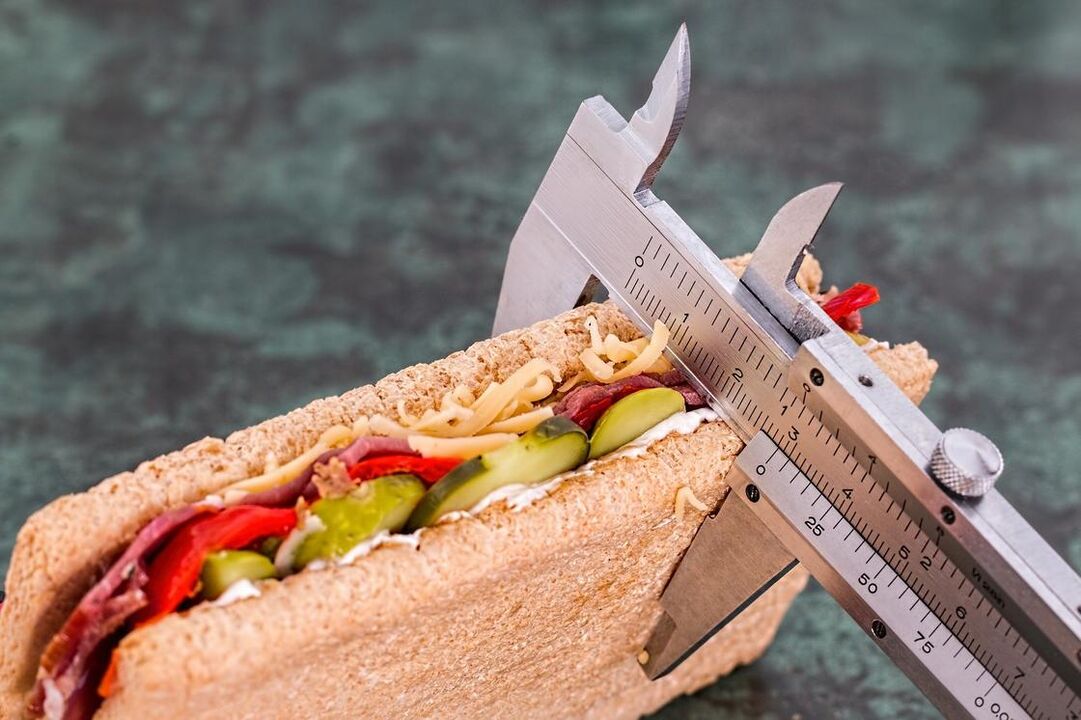Experts shared the real secrets to help you lose weight within a month. Many people think they need to get rid of those excess weight.
But at the same time, most of them are even afraid to start losing weight.
If you are scared at the beginning, how to lose weight?
- Prepare lunch at home, because eating fast food in a cafe is unnecessary calories. It does not take long to prepare dinner. In addition, you can cook food that is not only delicious but also healthy.
- The lack of a clear training plan makes it difficult to lose weight. You need to develop a flexible training plan to allow convenient time for exercise while taking into account your circadian rhythm, fatigue after get off work, and housework.
- More goals, more results. The small goal is not to give up the excuse to start. When a person has no clear goal, he loses his ambition. Therefore, first determine a global goal, and then mark many small goals.

Do you have weight loss problems? Or do you just want to lose weight faster? The sad truth is that the traditional idea of eating less and running more rarely works in the long run. Count calories, exercise for a few hours a day, and continue to feel hungry? This is unnecessary pain and may be a waste of your time and precious energy.
In the end, people tend to give up, so paying too much attention to calorie counting may be one of the reasons for the current obesity epidemic. Fortunately, there are better ways.
What is the nature of the matter? Your weight is regulated by hormones. If you lower the levels of fat storage hormones and insulin, it may be easier to lose weight.
Choose a low-carb diet
- If you want to lose weight, consider reducing sugar and starch (such as bread, pasta, and potatoes) to start.
- This is an old idea: 150 years or more, there have been a lot of weight loss diets based on eating less carbohydrates.
- What’s new is that dozens of modern scientific studies have proven that, on average, low carbohydrates may be the most effective way to lose weight.
Obviously, you can still lose weight with any diet-as long as the calories you eat are less than the calories you burn, right? The problem with this simple suggestion is that it ignores the elephant in the room: hunger.
Most people don't like "eating less" because it makes them hungry. Normal people will refuse to eat sooner or later, so the "yo-yo diet" prevails.
- The main benefit of a low-carb diet is that it can make you want to eat less.
- Even if calories are not counted, overweight people tend to consume fewer calories when they are low in carbohydrates.
Sugar and starch will increase your hunger, and avoiding them can reduce your appetite to a more adequate level. If your body wants the right amount of calories, you don't need to worry about counting them. So, count calories, but you don't need to count them.
Recently, large-scale and rigorous studies have confirmed that compared with high-carbohydrate or medium-carbohydrate, low-carbohydrate maintenance diets burn an average of 200 to nearly 500 calories per day as a metabolic saving effect diet for various weight-loss groups.
Bottom line: a low-carb diet can reduce hunger. And it can also increase the rate of fat burning.

Eat when you are hungry
Don't be hungry. This is the most common mistake when starting a low-carb diet. Carbohydrates and fats are the two main sources of energy for the human body, and it needs at least one of them.
Low carbs and fat = fasting
Avoiding carbohydrates and fats can cause hunger, cravings and fatigue. Sooner or later, many people will collapse and give up. You can eat more natural fats until you are satisfied. For example:
- butter
- Whole cream
- olive oil
- Meat (including fat)
- Fatty fish
- bacon
- Egg
- Coconut oil etc.
Always eat enough to feel satisfied, especially at the beginning of the weight loss process. The fat you eat will be burned into fuel by your body because the level of fat stored in insulin will decrease.
Are you still afraid of saturated fat? You may need to reconsider this. The fear of saturated fat is based on recent research showing flaws and incorrect theories.
Butter is a very good food. However, you are free to consume most unsaturated fats (such as olive oil, avocado, oily fish). This can be called the Mediterranean low-carbohydrate diet, and it is equally effective.
Eat only when you are hungry
In a low-carb diet, you should eat when you are hungry. If you are not hungry, don't eat it.
Limit unnecessary snacks. Unnecessary snacks can be a problem. Some things are easy to eat, just because they are delicious and easy to buy. Three common pitfalls are:
- Dairy products such as cream and cheese. They work well in cooking because they are satisfying. The problem is that you can eat a lot of cheese in front of the TV at night. . . without being hungry. Be careful with this. Or eat a lot of cream and desserts when you are really full, because it is delicious. Or another common culprit: coffee contains a lot of heavy cream.
- nut. Before the nuts disappear, they are easy to eat, no matter how full you are. Tip: According to science, salted nuts are harder to quit than unsalted nuts. Salted nuts entice you to eat more. Another tip: avoid putting all the packaging on the sofa. Choose a small bowl instead.
- Low-carb baked goods. Even if you only use almond flour and sweeteners, baked goods and biscuits usually provide extra nutrients when you are not hungry. . . Yes, it will slow down your weight loss.

Casually skip meals
Do you have to eat breakfast? Research confirms that the answer is no. Don't eat if you are not hungry. This applies to any meal.
Under strict diets, hunger and the need for food tend to be significantly reduced, especially if you are overweight. Your body can happily burn your fat reserves and reduce the need for food.
- If this happens, please be happy!
- Don't fight it by eating food you don't want.
- Instead, wait for hunger to recover before eating again.
- This will save you time and money while speeding up your weight loss process.
Some people worry that if they do not eat every three hours, they will lose control, which will cause them to consume thousands of calories and completely disrupt their diet.
In high-sugar or processed carbohydrate diets, this constant snack may be necessary to control hunger, but it is usually not required in a ketogenic diet. Hunger will only recover slowly, and you should have enough time to cook and eat.
Bottom line: To lose weight in a sustainable way, eat when you are hungry-but only when you are hungry. Forget the watch, listen to your body.
How to maintain weight for a long time
- Unless you change your habits permanently, you probably won't lose weight and maintain a lot of weight for a long time.
- If you lose weight and go back to your original life, don't be surprised to find that you are overweight.
- Maintaining weight loss usually requires long-term changes.
Forget about quick fixes. If you lose some weight every month, you may end up losing all the excess weight. This is an inevitable progress. This is what you want.
Long-term change is the most difficult at the beginning, especially in the first two weeks. It's like quitting smoking. Once you develop a new habit, it will become easier every week. In the end, it can come naturally.





















